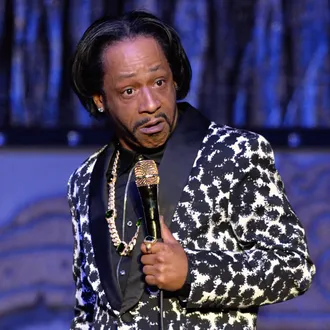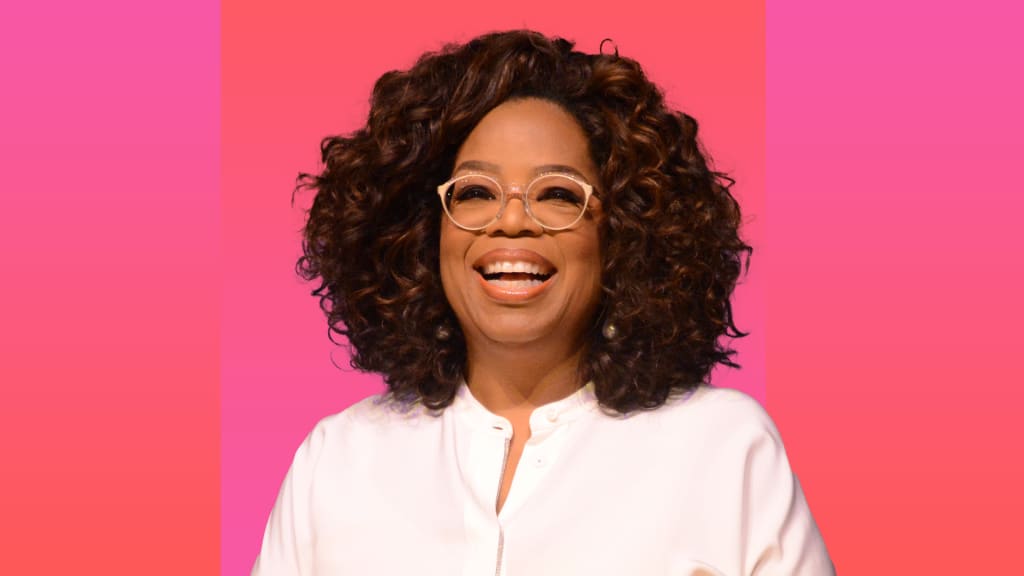The Cat Williams and Oprah Feud: Uncovering Allegations of Exploitation, Power, and Hidden Agendas
In recent months, comedian and actor Cat Williams has captured headlines with his audacious claims against some of the entertainment industry’s most powerful figures, most notably Oprah Winfrey. According to Williams, Oprah’s public persona, carefully cultivated over decades, hides a darker side driven by exploitation and manipulation. Williams’s allegations have resonated with some while shocking others, especially as more people have come forward to share their experiences with the media mogul.

The drama kicked off when comedian Mo’Nique, in a bold move, revisited her longstanding feud with Oprah. The origins of their conflict date back to 2009 during the promotion of the movie Precious. Mo’Nique delivered a critically acclaimed performance in the film, which earned her an Oscar. Oprah Winfrey, a co-producer of the film, saw an opportunity to push for greater promotion and wanted Mo’Nique to do a press tour. However, Mo’Nique declined, prioritizing time with her family over unpaid promotional obligations. What followed was a series of events that eventually led to Mo’Nique’s blacklisting in Hollywood, according to her.
In a revealing interview, Mo’Nique claimed that director Lee Daniels confirmed her suspicions—she had been blackballed by the entertainment industry. She attributed this not only to her refusal to promote Precious but also to Oprah’s influence. Mo’Nique’s frustration grew when Oprah, who had once supported her career, invited her older brother, Gerald, to discuss his sexual abuse of Mo’Nique during her childhood. While Mo’Nique had spoken publicly about this trauma before, she was blindsided by the fact that Oprah also invited her parents—without informing her.
This betrayal, Mo’Nique said, was devastating. Oprah had called her beforehand to ask about having her brother on the show, and Mo’Nique expressed her disapproval. Oprah promised to cancel the segment if Mo’Nique didn’t agree. However, when the episode aired, Mo’Nique discovered her entire family, including her parents, had been invited to discuss her trauma—a deeply personal issue that Mo’Nique believed Oprah exploited for ratings.
For many, Oprah has long stood as a beacon of inspiration, especially within the Black community. However, this incident raised significant concerns about her methods and the fine line between storytelling and exploitation. Oprah’s decision to air such a personal and painful family conflict left a sour taste for Mo’Nique, who has since demanded a public apology, although none has been forthcoming.
For many, Oprah has long stood as a beacon of inspiration, especially within the Black community. However, this incident raised significant concerns about her methods and the fine line between storytelling and exploitation. Oprah’s decision to air such a personal and painful family conflict left a sour taste for Mo’Nique, who has since demanded a public apology, although none has been forthcoming.
Adding to the complexity of the situation is Oprah’s history of similar incidents with other Black celebrities. For instance, rapper Ludacris, who appeared on The Oprah Winfrey Show to promote the movie Crash, recalls a deeply uncomfortable experience. Instead of discussing the film, Oprah focused on Ludacris’s use of the n-word in his music, blindsiding him with public criticism. Ludacris felt that Oprah intentionally used her platform to attack him while neglecting to engage in a real conversation. To his dismay, Oprah later edited out his responses from the final airing, leaving only her critique.
This pattern of behavior has led to a growing sentiment that Oprah may not always have the best intentions when dealing with certain celebrities, particularly Black men. 50 Cent, another high-profile artist, criticized Oprah for what he perceived as her “pandering” to white audiences while neglecting the Black community. In a particularly scathing comparison, 50 Cent called Oprah an “Oreo”—Black on the outside but white on the inside. He expressed frustration over how Oprah, who once championed the voices of Black women, had shifted her focus to cater primarily to middle-aged white women.

While Oprah has built a reputation as a powerful force for good—especially through her philanthropy and media empire—Williams and others are now shedding light on a more complex legacy. Cat Williams has taken it a step further, alleging that Oprah’s influence extends far beyond the entertainment industry. He suggests that Oprah uses her vast resources to remove anyone who stands in her way, wielding power in ways that few can challenge.
A particularly controversial aspect of these allegations involves Oprah’s actions during recent wildfires in Maui. As flames consumed homes and displaced countless people, including many everyday residents of the island, Oprah’s estates remained untouched. Over the years, Oprah has acquired significant land holdings in Maui, some of which sit on dormant volcanic land. Despite her proximity to the fires, her properties were spared, raising eyebrows among the public. Furthermore, rather than using her personal fortune to aid in rebuilding efforts, Oprah launched a public fundraising campaign, which many saw as hypocritical given her immense wealth.
This is not the first time that Oprah has faced criticism for her land holdings in fire-prone areas. In 2017, as wildfires ravaged California, Oprah’s mansion in Montecito remained miraculously untouched, leading to speculation and conspiracy theories about how her properties were consistently spared while those of ordinary citizens were destroyed.
Despite the mounting criticism, Oprah has remained largely silent, choosing not to engage with her detractors. But Cat Williams’s claims have continued to fuel the narrative that Oprah’s influence extends into darker, more insidious realms. Williams suggests that Oprah, once seen as a beacon of hope for marginalized communities, has now transformed into a figure of exploitation, using her power to maintain control over the narrative.
While the allegations from Williams, Mo’Nique, Ludacris, and others are hard-hitting, they highlight the complex nature of celebrity, influence, and power in the entertainment industry. Oprah Winfrey has undoubtedly achieved monumental success and transformed countless lives through her media empire. However, these accusations challenge the public to reconsider the cost of that success and whether Oprah has truly remained the person she once was.
For Mo’Nique and other celebrities who feel wronged by Oprah, the battle is far from over. Their calls for accountability echo a broader conversation about the ways in which powerful figures can sometimes exploit their platforms. Whether Oprah will respond to these allegations or continue to remain silent remains to be seen. Regardless, the tension between her public image and these recent revelations continues to grow, leaving many to question the true nature of one of the world’s most iconic media figures.

